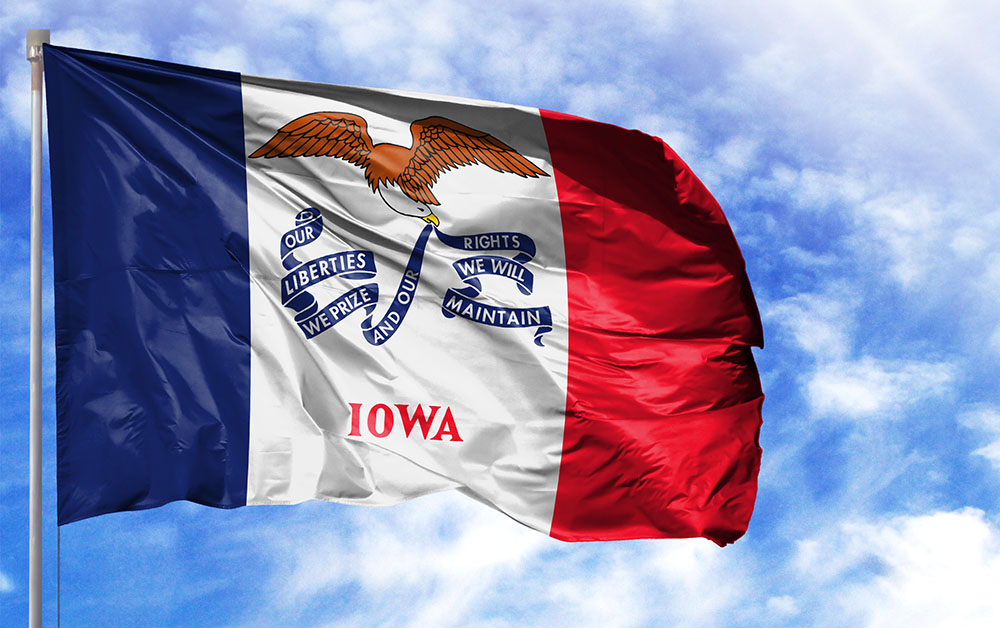If you’re a commercial property owner, paying your tax bill blindly can be a costly mistake. There’s a chance your assessment is going to be high this year, which can lead to unfairly high property taxes, consuming funds that could be used elsewhere in your business.
In Iowa, all real property is reassessed on January 1 in odd-numbered years (2021, 2023, 2025). The local county assessor estimates the value of each property in its respective jurisdiction.
Important dates:
- April 1 – Assessors complete assessments and notify taxpayers of the change in assessment value.
- April 30 – Deadline for taxpayers to appeal assessments to local board of reviews.
In a reassessment year a property owner may protest an assessment for one or more of the following reasons:
- The assessment is not comparable to others with similar properties.
- The property is assessed at more than its actual value.
- The property is exempt from taxation.
- There is an error in the assessment.
- The assessment is fraudulent.
The Iowa Department of Revenue is responsible for "equalizing" assessments every two years. The process of “equalization” is to ensure that property values are comparable among jurisdictions and comply with Iowa Code. The Department compares the assessors' abstracts to a "sales assessment ratio study" it has completed independently of the assessors. If the assessment (by property class) is 5% or more above or below the sales ratio study, the Department increases or decreases the assessment.
Important dates:
- October 8 – The county auditor must publish notice of the final equalization order by this date and must provide notice by mail to the taxpayers if the equalization order results in an increase in assessment value.
- October 31 – Deadline for taxpayer to appeal assessments to local board of reviews.


